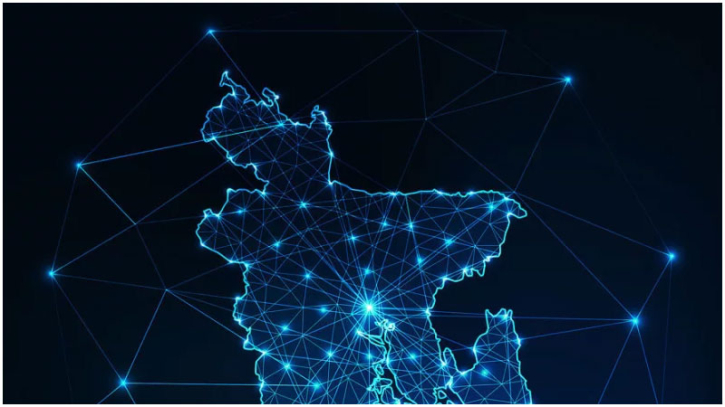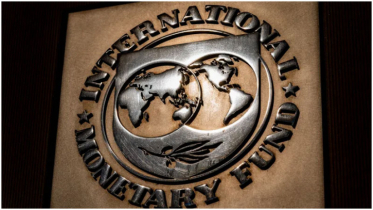Re-coding our digital future

We live in an era where digital connectivity has a direct bearing on economic and even social progress. Bangladesh is no exception. The Chief Advisor’s recent call to relevant bodies to work together in bolstering the use of telecommunications and information technology services in every sector is timely.
While the nation has taken significant steps, including recent steps to introduce satellite-based high-speed internet integration, much remains to be done to establish itself as a formidable force in the global IT sector. Access to reliable internet is no longer a luxury -- it is a necessity. For too long, rural areas have lagged behind urban hubs in connectivity, hampering education, entrepreneurship, and innovation outside major cities. The government must recognize internet access as a fundamental right and ensure seamless, high-speed coverage nationwide.
Going beyond infrastructure, Bangladesh must also position itself as a key player in IT exports. Countries like India have thrived by turning their tech industry into an economic powerhouse. Bangladesh has a vast pool of talented engineers, software developers, and innovators -- what it lacks is a structured framework for scaling up global exports. Incentivizing more tech startups, refining policies which attract international investment, and reducing bureaucratic hurdles in the IT sector are essential to that end.
Broader digital inclusion should be a key point in any and all endeavor Bangladesh makes in bolstering its IT and telecommunications sectors. On that front, political will and policy reforms will dictate whether Bangladesh merely adapts to technological change or becomes an architect of the future.
Source: Dhaka Tribune.
.png)




